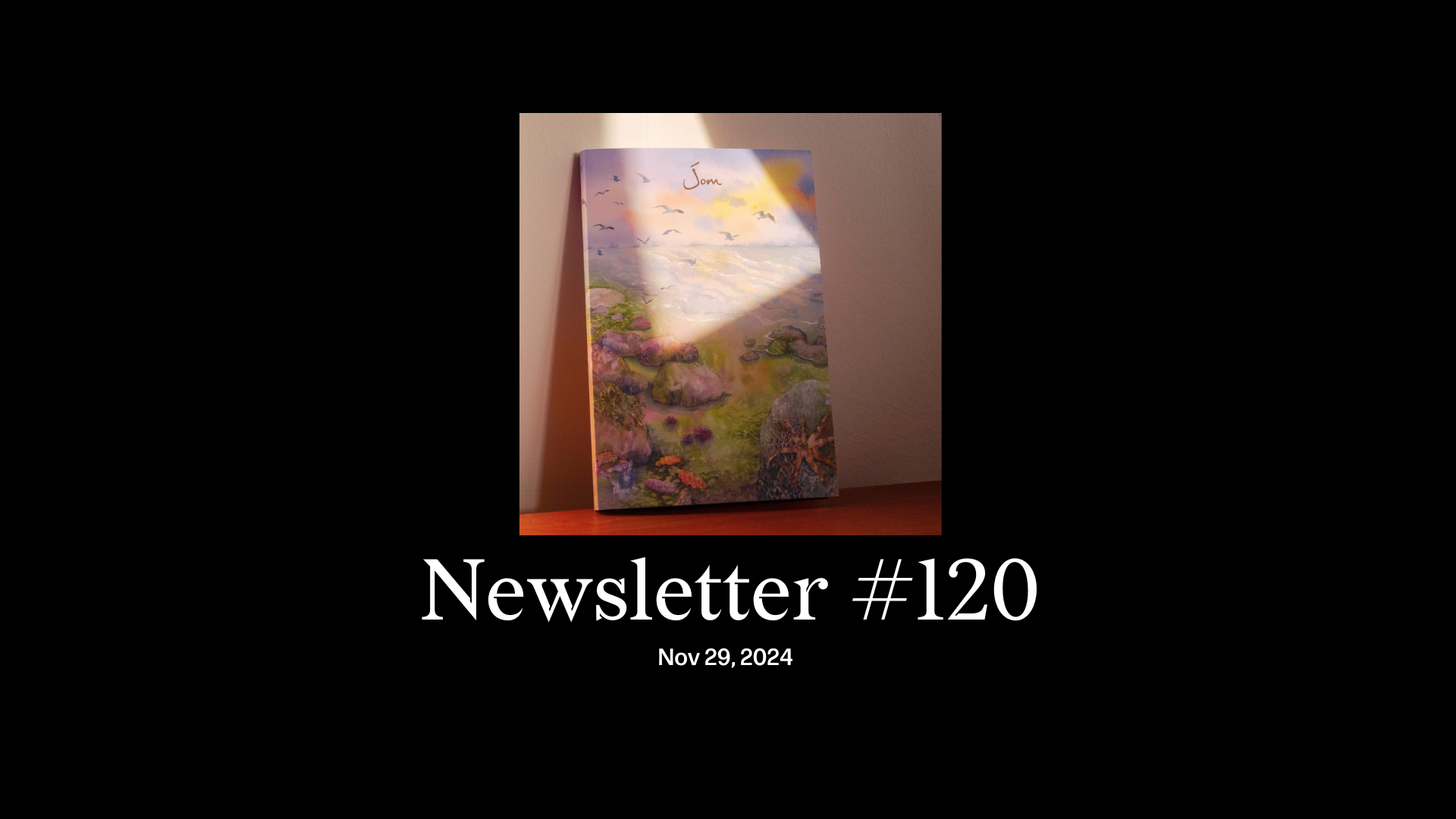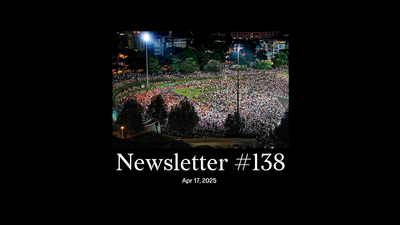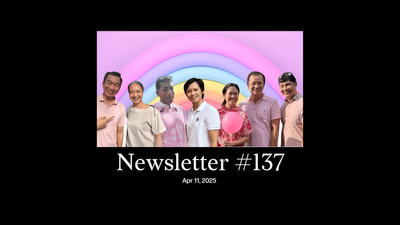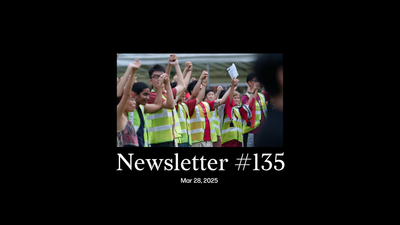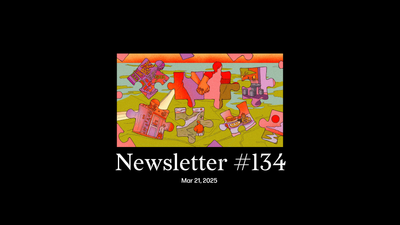Dear reader,
Print issue No. 2. You can buy it now through our web shop. (Supporters and Patrons: details about your complimentary copy are in yesterday’s newsletter.) Orders placed before December 16th will get to you by the end of this year. Get those festive gifts!
“Singapore This Week ”. In our weekly digest, we discuss the PAP’s biennial conference; the solitude-loneliness spectrum; a treaty discussion in New Zealand; the season for giving to the arts; tech-powered building designs; and more.
Abhishek, our head of content, has also engaged in some literary experimentation in his blurb on the latest “blackface” incident. It’s part of our broader eagerness to tinker with STW, which is still very much a work-in-progress. All of us here love what he’s done. Read it, then reply and let us know what you think. We’re building Jom together.
Essay. In “To see, and be seen: a close watch of ‘Small Hours of the Night’”, Aditi Shivaramakrishnan reviews the latest film by Daniel Hui, which the Singapore government has effectively banned. The film examines concepts of memory, healing, and interrogator-suspect relationships, in the context of two legal cases from the 1980s: one involving Communists; and the other, the Toa Payoh ritual murders of 1981.
As Hui and others have noted, there’s a delicious irony in a film about censorship itself being censored. But Aditi, in her second piece for Jom—her first was a review of “Psychobitch”—isn’t focused on annoying bureaucracy, or the salacious details of the two legal cases, but rather the ways in which the film itself embodies various forms of caring.
“The film also suggests that access to hidden or forgotten information is not as exclusive as it may seem. Today, when algorithms yank us from one hot topic to another in an endless cycle, the re-emergence of legal ghosts from the past can have an especially magnified impact.
But Hui doesn’t even tell us where to look or what to look at; he simply suggests that we can look, and therefore should consider doing so…If paying individual attention is the first step in ‘caring about’, this censored film and others like it have the potential to attract a groundswell of attention, from which collective action may arise.”
But where and how can you watch the film? I don’t quite know. Aditi first watched it in Seoul, and also has a screener link, as a critic. In using this privilege to offer us access into Hui’s world, she’s also reminding us that hidden information is not as exclusive as it may seem. Reading it, then, is the first, almost pre-emptive step, in our act of remembering, honouring, and most of all, caring.
Jom baca,
Sudhir Vadaketh
Editor-in-chief, Jom
If you’ve enjoyed our newsletters, please scroll to the bottom of this page to sign up to receive them direct in your inbox.

